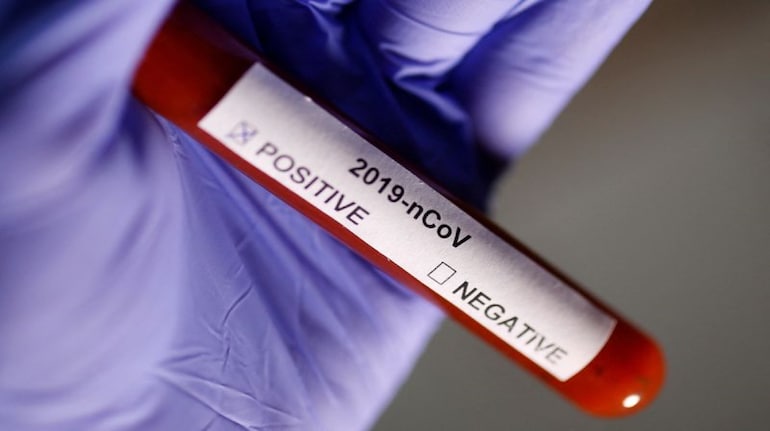



The JN.1 COVID-19 subvariant has been found in several Indian states, including Kerala, Gujarat, and Delhi. Daily cases have recently risen, with 614 new infections reported in a single day, the highest since May 2023. In response, the government is urging caution, especially for vulnerable groups, and stressing the need for COVID and flu vaccinations.
COVID-19 self-testing kits remain a vital tool in managing the new variant. It offers people a convenient method to detect the virus at home, says Dr Sameer Bhati, Public Health Expert. “Affordable, easy to use, and widely available, these kits allow people to test themselves at home. They may reduce infections early, and make testing accessible even in the most remote corners of the country,” he says.
According to Dr Bhati, self-testing kits deliver results in just 15–30 minutes, reducing the need for lab visits or long waits. “In a pandemic, every minute counts. Rapid results meant quicker decisions and timely care,” he adds.
Also read | COVID-19 surge in Asia: Causes, symptoms and prevention tips for the JN.1 variant
During COVID peaks, India’s hospitals and testing centres were swamped. With self-testing, people no longer had to queue up, freeing resources for severe cases. “This shift allowed the healthcare system to focus on those who needed urgent medical attention. Testing at home helped reduce community spread. People avoided crowded clinics, protecting themselves and others," says Dr Bhati.
Plus, it significantly lowered the risk of exposure during testing. “Positive cases could isolate immediately without waiting for confirmation, reducing the risk of further spread. “Real-time action meant fewer infections within families and workplaces,” the expert adds.
Also read | Covid-19 spike in Asia: How dangerous is JN.1 variant and should India be worried | Key points
Self-test kits reached places where RT-PCR testing was difficult or delayed. “In rural areas, self-testing bridged a major gap in access,” says Dr Bhati. Villagers could now know their COVID status without travelling for hours.
Self-testing encourages people to take charge of their health. It creates awareness, honesty, and proactive behaviour. “It creates a culture of responsibility, people became more conscious of their health and how they impact others,” adds Dr Bhati.
Disclaimer: This article, including health and fitness advice, only provides generic information. Don’t treat it as a substitute for qualified medical opinion. Always consult a specialist for specific health diagnosis.
Discover the latest Business News, Sensex, and Nifty updates. Obtain Personal Finance insights, tax queries, and expert opinions on Moneycontrol or download the Moneycontrol App to stay updated!
Find the best of Al News in one place, specially curated for you every weekend.
Stay on top of the latest tech trends and biggest startup news.